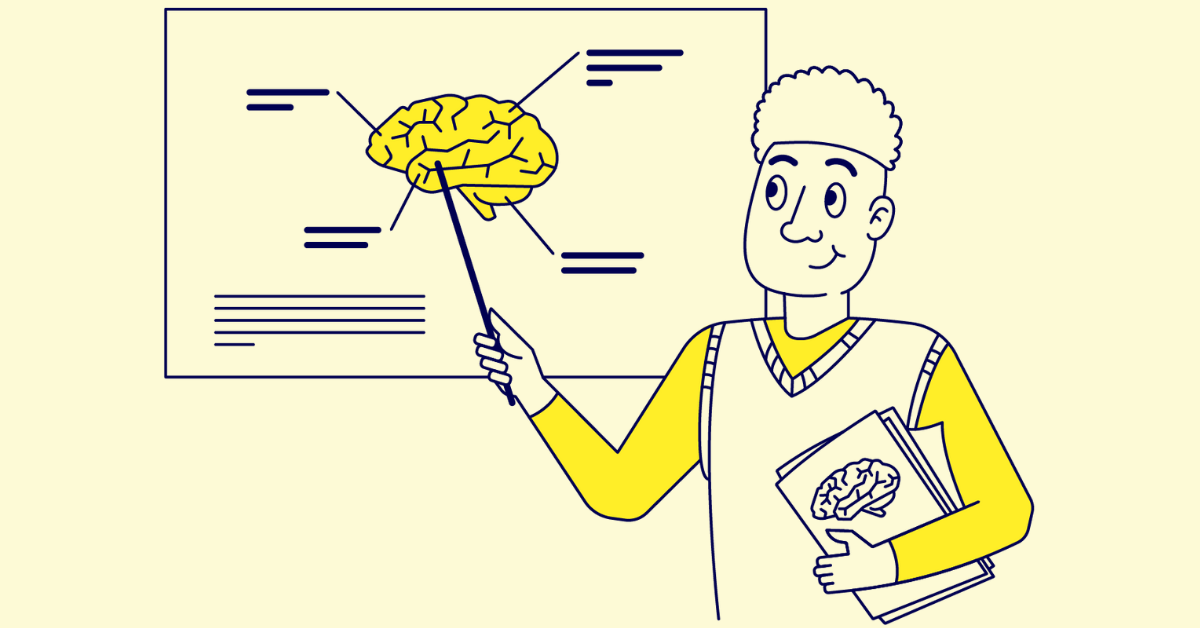"I can't remember the last time I grabbed a book instead of my phone in the evening or watched a full-length movie from start to finish."
"I might sit in front of a computer for eight hours straight, but at the end of the working day I realise that I haven't really accomplished anything."
I hear similar phrases every week in my client work. More and more people are now looking for help from professionals to address concentration problems and improve self-management. This is completely understandable when you look at the changes in working life in recent years.
Addictive social media and instant messaging apps pressure us to be constantly available in our daily lives. The pace of modern working life is extremely fast, and with the rise of remote work, tasks are more erratic, bouncing from one thing to another all day long.
Multitasking is so commonplace that we may not even notice we're doing it. An overstimulating environment that delivers constant distractions makes focusing on tasks difficult for anyone. At the same time, it seems employees are regularly required to be more self-directed and disciplined. It’s no wonder the demands on our concentration feel overwhelming!
Environmental factors and our own behavioural patterns create concentration challenges. In recent years, concentration difficulties have become so common that the phenomenon has even been given a name: ADT (attention deficit trait). ADT is not a diagnosable or congenital disorder like ADHD, but a learned pattern of behaviour that arises as a sum result of rush, multitasking, constant interruptions and poor recovery.
This concentration disorder is accompanied by constant self-interruption. When your own thoughts constantly divert your attention, focusing on one thing can sometimes seem impossible. Tasks are often left unfinished and careless mistakes can easily occur.
Tips to support concentration
- Reduce distractions: Turn off unnecessary notifications from phones and work devices. Think about whether you really need all the apps on your phone, or could you uninstall some completely?
- Learn to stop multitasking: Do one thing at a time before moving on to the next. If a thought about another task comes to mind while working on a task, jot it down on a notepad and come back to it after completing the current task.
- Loosen your emotional bond with your phone: Try to extend the intervals between phone glances, such as placing your phone away from you or even in another room. You can start, for example, by leaving your phone behind when you need to use the lavatory. And would you be able not to scroll through your phone while watching TV or attending a work meeting?
- Take sensible breaks: Schedule breaks on workdays and make sure that during breaks you let your brain rest and don't fill an empty moment with the next stimulus. For knowledge workers, the best way to take a break is by getting up and moving, such as taking a short walk.
- Make goals achievable: Break down projects into detailed tasks that are easy to grasp and have a clear “done” status. Plan your goals for the day realistically; don't set the bar too high.
- Practice pomodoro: For tasks that require long-term focus, you can try the so-called Pomodoro technique, a time management method that consists of 25 minutes of continuous, distraction-free work and a 5-minute break. Repeat this cycle 4 times, after which take a break of 30 min. If you know you won't be able to concentrate continuously for 25 minutes straight, start with a shorter time span (e.g. 15 min + 5 min).
- Practise mindful awareness: Add moments to your everyday life where you simply observe your surroundings with curiosity. If you're commuting by bus, instead of focusing on your phone, direct your gaze out the window and observe what you notice. You can try guided mindfulness exercises, which you can find online.
Easier said than done - how to put new habits into practice?
You may have come across similar tips before, but for some reason, the methods might not have transitioned from the realm of thought to practice. This could indeed be the most challenging phase of the entire process. Replacing old habits with new ones can take anywhere from a few weeks to even a couple of months, depending on the individual and the approach.
The important thing is to start by choosing only one new behaviour to practise. You can try one of the tips above or come up with your own. Selecting something that is going to be relatively easy to implement. Repeat and practise the new habit long enough for it to become a routine part of your everyday life. Once one distracting habit has been replaced with a better behaviour, start with another new behaviour or take the current one even further.
If going to the lavatory without your phone already feels easy, how about trying next to eat one meal every day without your phone?
Change should be supported by taking care of the cornerstones of your basic well-being, like sufficient sleep, exercise and regular nutrition. Challenging a friend or spouse to learn a new behaviour can also be a good idea. Together is more motivating than alone!
You can also ask someone close to you to regularly check how you're doing with your new challenge.
It also matters how you relate to yourself. By modifying your self-concept and paying attention to how you talk to yourself, you can get a lot more power to make the change happen. Start talking about yourself as a person who can concentrate, and let your new self-concept support you in the change. By repeatedly echoing the old thought in your mind, "I can't focus" or "I'll never be able to sustain long-term concentration", making a change becomes significantly more challenging.
In Auntie's Leading me package, you can get professional help on how to learn to organise your working days and free time in a way that supports concentration. You can read more about the package description here.
Writer:

Vilja Kaarento
Vilja Kaarento is a psychologist (PsM) and Auntie professional. In addition to her work with Auntie, she has worked in adolescent psychiatry with serious mental health problems and studied young people suffering from neuropsychiatric disorders.





